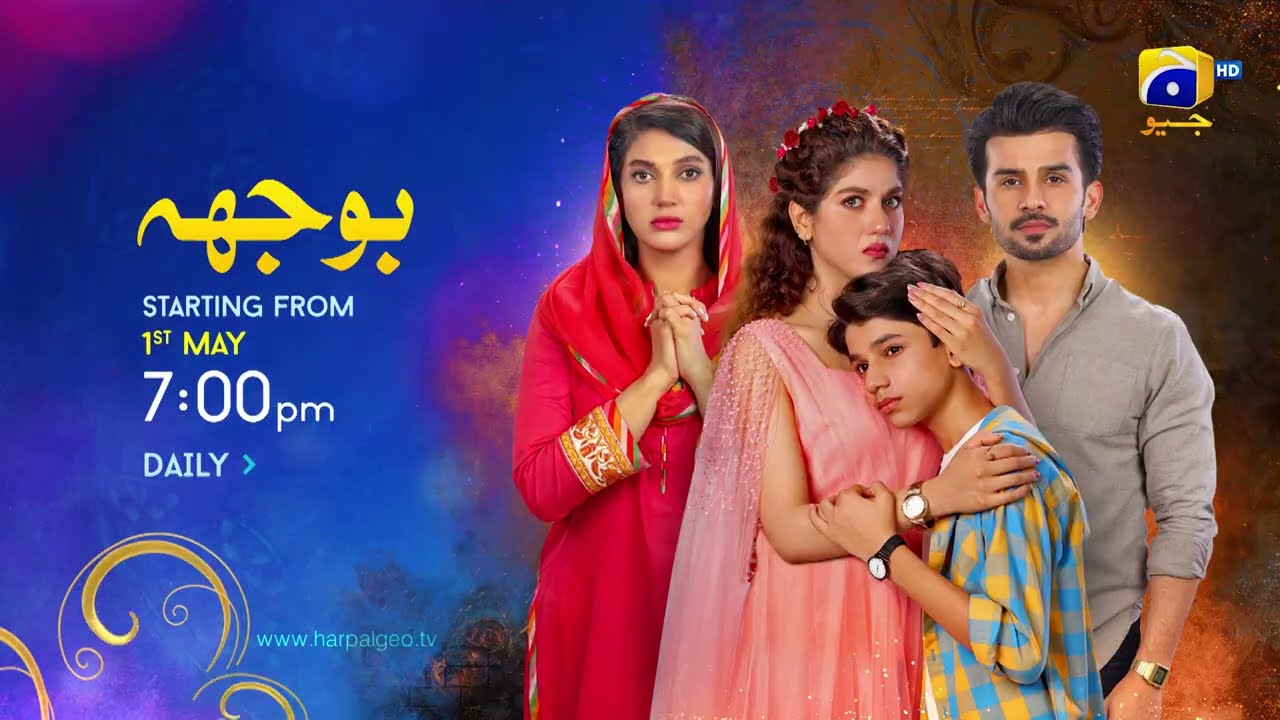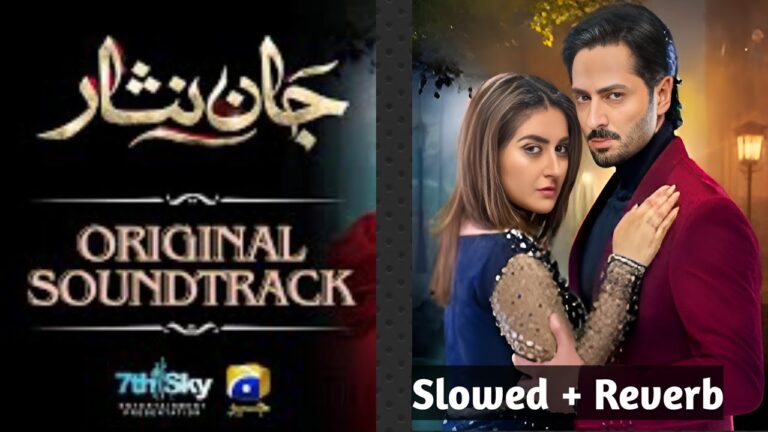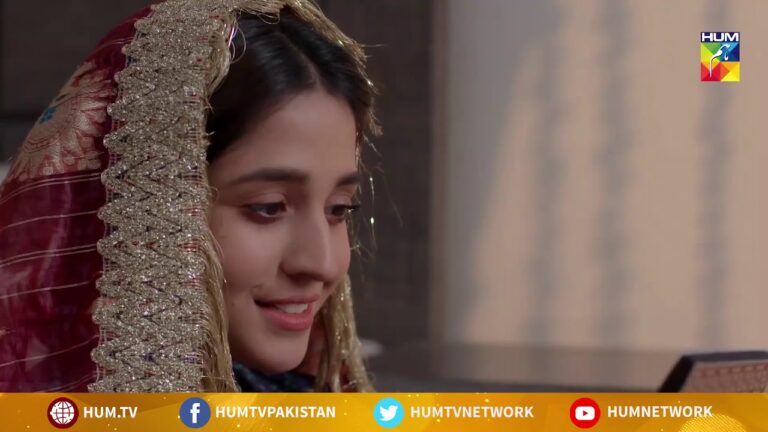Bojh Drama Review: Bojh, which translates to “burden” in Urdu, tackles themes of family, love, and societal pressures. Here’s a breakdown of what viewers can expect:
Central Plot:
The story revolves around the Ashfaq family, whose comfortable life crumbles when the father is falsely accused of corruption. His daughters, Amal and Rafay, must grapple with the sudden change in their social standing and financial security. The drama explores how they navigate these challenges, with a focus on Amal’s emotional journey.
Social Commentary:
Bojh critiques societal biases, particularly the preconception that daughters are a burden, especially compared to sons. It highlights the struggles women face and the importance of resilience in the face of adversity.
Romance and Sacrifice:
The narrative also explores love stories. Amal harbors unrequited feelings for a wealthy classmate, Shazim, while Rehan, another classmate, secretly loves Amal but feels his financial limitations hold him back. The drama delves into themes of sacrifice and societal expectations surrounding love and marriage.
Reviews and Opinions:
Reviews for Bojh are mixed. Some praise the drama for its social commentary and focus on female strength. They appreciate the portrayal of family dynamics and the challenges faced by the characters. Others find the plot predictable or criticize the trope of the sacrificing good girl (Amal).
Deeper Dive into Social Commentary:
Bojh’s critique on societal bias extends beyond the “daughters as burden” concept. It might explore:
- Class Differences: The drama could highlight the stark contrast between Amal’s privileged past and the struggles of Rehan, showcasing the limitations imposed by social class.
- Corruption and Justice: The false accusations against Amal’s father could expose the flaws within the justice system and the devastating consequences for innocent families.
- Family Dynamics: Bojh could delve into the changing family dynamic after the crisis. Does the family unit strengthen or face internal conflicts due to the pressure?
Exploring the Romance:
The love stories in Bojh offer opportunities for complex portrayals:
- Unrealistic Idealism vs. Practicality: Does Amal’s love for Shazim remain unchanged despite their different social backgrounds? Is Rehan’s selflessness genuine, or does it mask deeper emotions?
- Sacrifice and Agency: Does Bojh portray female sacrifice as a negative or a necessary act of strength? Do the female characters have agency in their romantic choices, or are they limited by societal expectations?
Addressing Potential Criticisms:
- Predictability: While the core plot might be familiar, Bojh’s execution and the characters’ growth could offer a fresh perspective.
- The Sacrificing Good Girl Trope: Does Amal’s character development go beyond simply sacrificing for others? Does she discover her own voice and aspirations throughout the story?
Finding Your Take:
Consider these questions before diving into Bojh:
- Are you interested in social dramas that explore women’s struggles and societal expectations?
- Do you enjoy complex family dynamics and the challenges faced during hardship?
- Are you open to a story that might challenge traditional romance tropes?
Ultimately, Bojh offers a compelling exploration of family, love, and societal burdens. Whether it resonates with you depends on your personal preferences and how deeply the drama tackles these themes.










+ There are no comments
Add yours